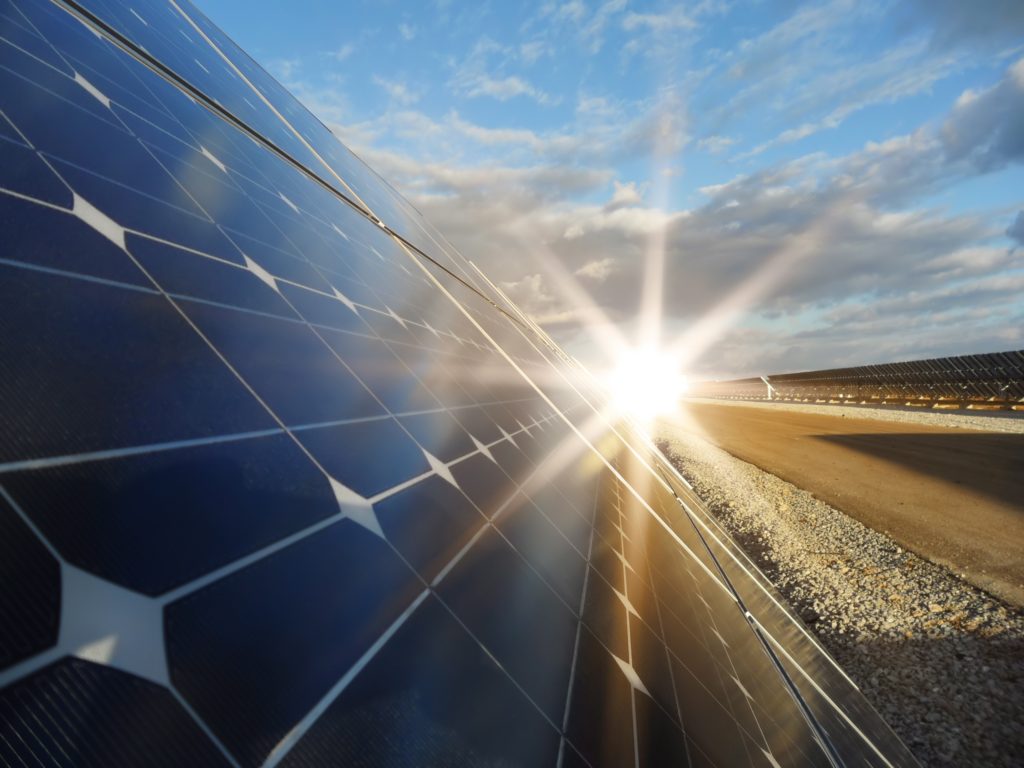For Yemen, exporting oil used to make up the bulk of revenue for the country. However, due to the ongoing war, Yemen has not officially exported oil in the past five months. Farmers are suffering since it is harder to obtain diesel to fuel their irrigation pumps. Since the start of the war, many oil producers have been pulling out, leaving farmers in the dark. Without irrigating crops, it is impossible for farmers to produce anything.
However, Haitham Alaini believes solar energy could help farmers in Yemen. Alaini is an entrepreneur from Yemen. He has over 20 years of experience and focuses on issues of health, education, and environment and is always looking for ways to improve the future of Yemen. Alaini says solar powered irrigation pumps could change the future of Yemen.
Irrigation pumps are responsible for getting water to the sprinkler heads. In fact, globally 70% of water supports irrigating crops. Irrigating crops assures farmers plant growth. Solar powered irrigation pumps mean farmers can be assured their crops will be irrigated.
Solar pumps are already reducing irrigation costs around the world. For example, in Bangladesh, farmers have historically relied on diesel or electricity powered irrigation pumps, much like Yemen. Using solar-powered pumps, costs are cut nearly in half and there is less pollution.
Some Yemeni farmers are already starting to realize the benefits of solar-powered irrigation. Earlier this year, an article published by Gulf News featured a Yemen farmer replacing his diesel-fueled pumps with solar powered- pumps.
Wadi Dawan is one of many farmers suffering from the diesel shortage in Yemen. Dawan told Gulf News, “Now when the sun shines, the pumps automatically switch on and the water flows into the farm. We do not even bother to look at them.”
Installing more solar powered pumps will also help Yemen’s food shortage. The price of installing solar panels is also dropping, which is good news for anyone looking to switch to solar power. According to Futurism, the cost of solar power has fallen 25% in only 5 months.
For farmers in Yemen, this price drop is promising news. Switching to solar powered irrigation pumps will allow farmers to get rid of diesel and oil prices as well as upkeep.
Other countries are recognizing the need for solar powered irrigation pumps. The EU (European Union) is committed to helping fight food insecurity in Yemen. The Food and Agriculture Organization of the United Nations announced the commitment earlier this year. “Farming communities will also learn about proper and efficient irrigation systems to mitigate against the risks of water scarcity, drought, and climate changes. The installation of solar pumps will ensure the provision of power to supply water for farming households suffering acute fuel shortages. Support for the early warning system will include enhancing the collection, analysis and management of nutrition and food security data, and translating alerts into swift response to any emerging crisis.”
Alaini believes switching to solar powered irrigation pumps will have a positive impact on the future of Yemen. Alaini works diligently to find innovative ways to improve his native country.

Power plant using renewable solar energy with sun